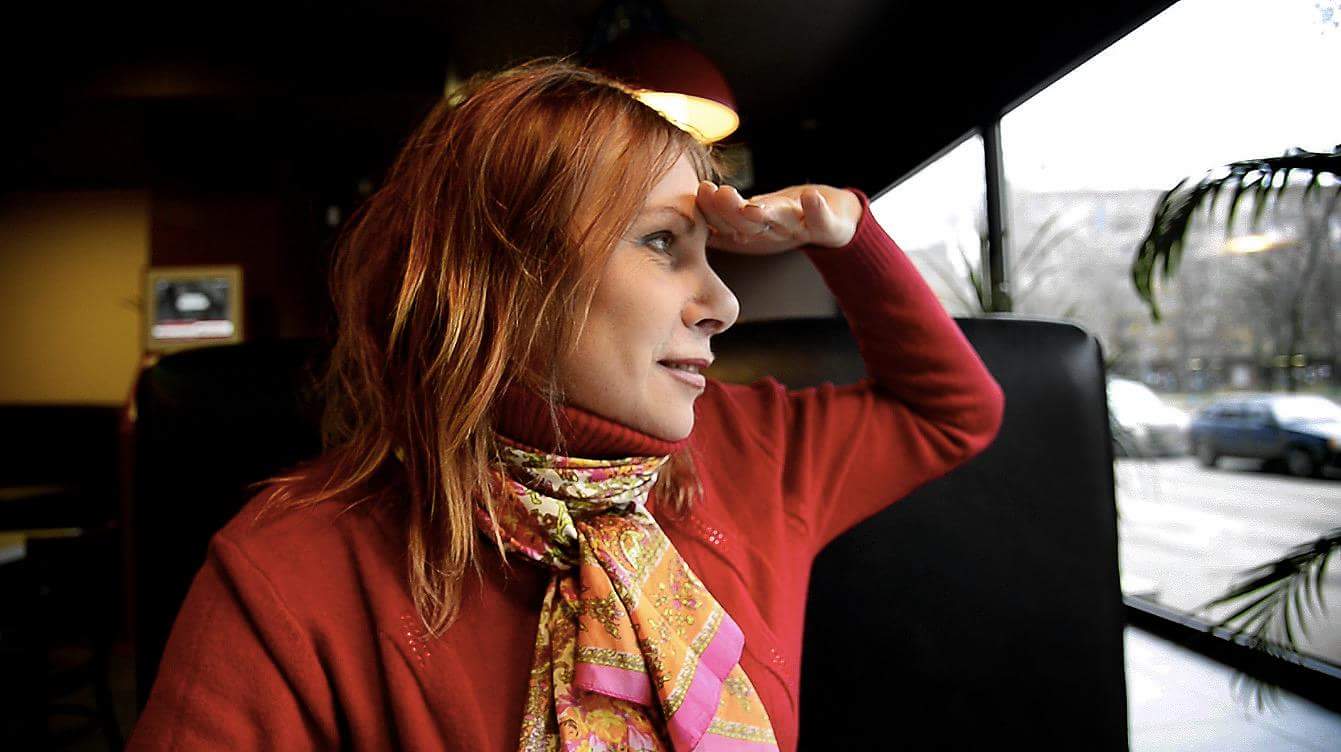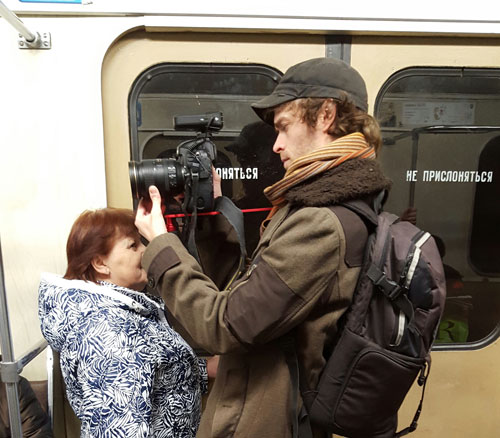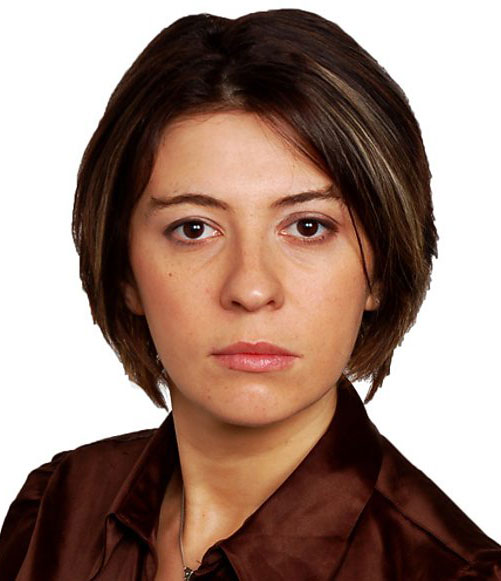LGBT Russians are a focus of new crisis-reporting project
Colin Stewart is a 45-year journalism veteran living in Southern…

Violations of the human rights of LGBT people in Russia and other former Soviet nations will be the focus of a pilot reporting project over the next three months, with support from a $35,000 crowdfunding campaign.
Already, according to the startup media enterprise known as Coda Story, “we have writers, videographers, and photographers in Moscow, St. Petersburg, Riga, Tbilisi and elsewhere working on exciting stories for our launch.”
Here is Coda Story’s description of its startup project, #LGBTcrisis, which so far has attracted $15,570 in contributions on Indiegogo:
Crowdfunding campaign launched for 3-month investigation of LGBT rights crisis in Russia and the former Soviet Union.

New online crisis reporting platform Coda Story seeks to crowdfund $35,000 to support pilot reporting project on the crisis of LGBT rights in Russia and the former Soviet Union.
Set to launch in January 2016, Coda Story will publish original reportage, investigations as well as photo and video stories about LGBT lives in the region. By focusing on the topic for three months, Coda Story seeks to go into in-depth and uncover new stories as well as exploring the political and economic forces behind the LGBT rights crisis in Russia and the Former Soviet Union.
With a custom-built website which fuses editorial and design, Coda Story is reinventing crisis and conflict reporting. Ordinarily when a crisis breaks out it receives intense media coverage for a limited period of time, be it an earthquake in Nepal, an outbreak of Ebola or the annexation of Crimea. But the media spotlight quickly moves on and rarely is their comparable follow-up.
The Russian law on ‘gay propaganda’ made international headlines at the time of the Sochi winter Olympics, and included extensive reporting on the impact this new wave of homophobia had on gay and lesbian Russians. Coda story seeks to go deeper and explain how and why there has been a backsliding in gay rights not only in Russia, but across the former Soviet Union and why these so-called ‘gay propaganda’ laws are spreading. How issues of gender identity and sexuality have become political tools in what is essentially a manufactured crisis.
Coda Story’s tagline is Stay on the Story. The formula is simple: Coda Story takes one crisis at a time and puts a team of international and local journalists on that crisis to follow it for an extended period of time, providing a new level of depth in understanding the crises that affect our world.
Coda Story was founded by a team of veteran correspondents who between them have years decades of experience reporting for the likes of the BBC, Financial Times and the New York Times. Having reported from numerous hotspots over the years, the Coda co-founders saw a gap in the way that traditional media was covering crises and conflicts.

Speaking of the inspiration for Coda, co-founder Natalia Antelava said: “In the news business, we always descend on places when big events happen and then leave just as suddenly, pulled out by our own circumstances rather than because the story has come to an end. The result? Gaping holes in public understanding of the crises that are shaping our world.”
The crisis of LGBT rights was chosen for the pilot report because:
“The mainstream media covers the Russian anti-gay agenda when it becomes a news story – during gay rights protests at the Sochi Winter Olympics, for example, or when the Kremlin investigated Facebook for providing gay emoji characters. Some of the reporting is extensive. But rarely does it reveal the deeper political and economic forces behind what is effectively a manufactured crisis, which is nonetheless causing a sharp rise in attacks on the LGBTQ community across the former Soviet Union. Today gay-rights is the frontline of an ideological battle over values, traditions, and the very meaning of progress. It pits the Kremlin against the West, both reflecting and feeding the big picture geo-political story: whether it is tension over Russia’s actions in Syria, the unfinished war in Ukraine or Russia’s response to the dramatic fall in oil prices, Coda’s #LGBTcrisis will explain these links.”
Coda Story is not-for-profit and thanks to a foundation grant already has a number of journalists in the field. A crowdfunding campaign has been launched to help raise $35,000 to support reporting on several dozen original stories across text, video and photography.
Related articles about Russia
- Putin pushes ‘Straight Pride’ as a geopolitical power play (76crimes.com)
- Kyrgyzstan votes for anti-gay ‘propaganda’ bill (76crimes.com)
- How Russia and the West boosted Kyrgyz anti-gay violence (76crimes.com)
- Video experiment reveals Russia’s violent homophobia (76crimes.com)
- Russian activists: Resilience in the face of repression (76crimes.com)
- Archive of this blog’s coverage of Russia
- Archive of this blog’s coverage of Ukraine
Related articles about Coda Story
- A New Way to Tell Stories That Outlive the Media’s Attention Span (Wired)
- Coda – Reinventing Crisis Reporting (Coda Story)
- Coda – Reinventing Crisis Reporting (Indiegogo)
- Coda — A Bold Experiment In Rethinking Global News: Overwhelmed by the news? Coda uses meticulously arranged timelines to help you track and analyze the most important stories. (Fast Company Design)
- Journalism Platform Reports Only One Crisis at a Time (PSFK)



Reblogged this on Fairy JerBear's Queer/Trans News, Views & More From The City Different – Santa Fe, NM and commented:
A project to document the problems faced by Russian LGBTQ communities is taking place.